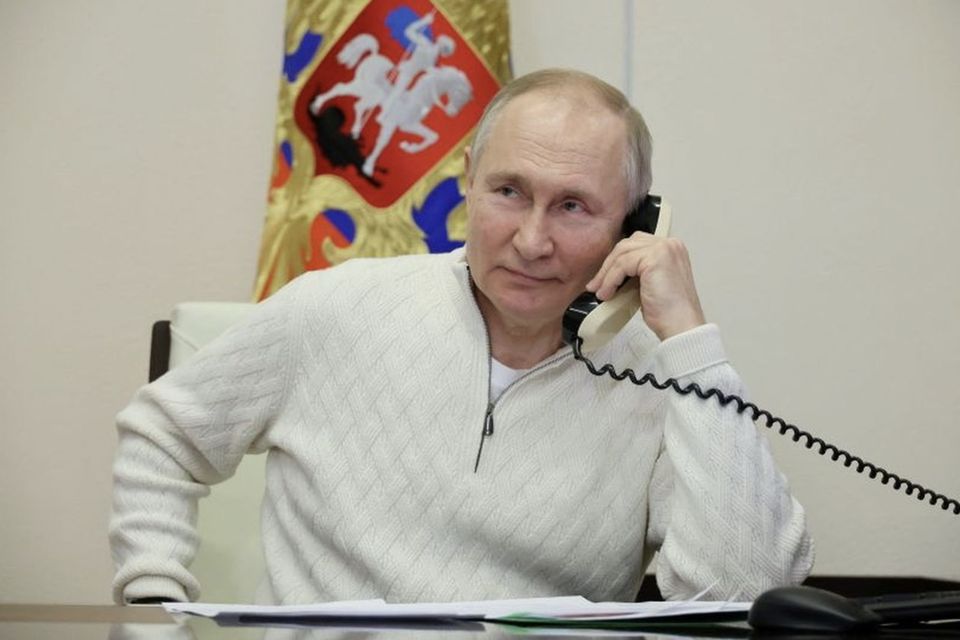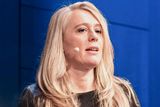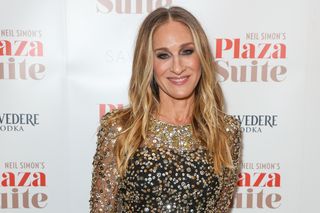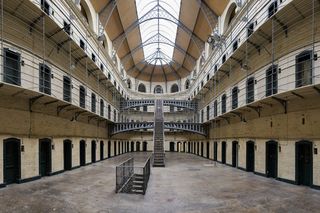TikTok launches new crackdown on state-backed misinformation accounts ahead of European and US elections
The social media giant says it is targeting “covert influence operations” as well as some state-affiliated media
Russian president Vladimir Putin has been accused of spreading misinformation
TikTok has initiated a crackdown on accounts seeking to interfere with elections.
The social media platform says it is stepping up efforts to “eliminate covert influence operations” and limiting “state affiliated media” from maliciously trying to sway political discourse.
The social networking giant, which has a 3,000-strong European headquarters in Dublin, says that “state affiliated media”, including outlets from Russia and China, will no longer appear as suggested content in the ‘For You’ tab on TikTok in other countries.
The move is an attempt to battle misinformation in what TikTok describes as an “historic election year”, with polls due across the EU, as well as in the US.
The company revealed some details about its crackdown, curbing “inauthentic” accounts it judged to be “covert influence operations” set up to unduly influence ongoing political or societal discussions in various countries.
For example, it says that it shut down an account “network” of individuals in Iran who “used inauthentic means to gain user engagement on narratives surrounding UK domestic policy discourse”. This network went on to “artificially amplify pro-Iranian narratives critical of the US and Israel”, especially with regards to the war between Hamas and Israel.
Other networks TikTok says it disrupted related to the Russia-Ukraine war, far-right accounts in Germany, internal politics in Serbia and a number of politically disruptive accounts in Central and South America.
”In the first four months of 2024, we disrupted 15 influence operations and removed 3,001 associated accounts,” the social network said.
”We found that a majority of these networks were attempting to influence political discourse among their target audience, including in relation to elections. For example, we disrupted a network targeting an Indonesian audience ahead of the country's presidential elections earlier this year, and another targeting the UK by artificially amplifying narratives about the UK's domestic political discourse.”
The social media platform said that it was tightening its policies against “state-affiliated media” entities, such as China’s CGNT News.
State-affiliate media accounts are judged by TikTok to be organisations that are editorially controlled or significantly influenced by their home state authorities, who use the outlets to further geopolitical aims.
Earlier this month, a study by the US-based Brookings Institute found that state-backed Russian media have accelerated their use of TikTok since the start of the year, rising from as little as one post per year to as high as 10 posts a day.
Even though the study found that the number of Russian state media posts on TikTok lags behind similar posts on Telegram or X, engagement on TikTok posts was far higher.
The study warned that such accounts could affect US public support for Ukraine and Nato.
Last month, the Belgian prime minister, Alexander De Croo, said that Vladimir Putin’s Kremlin was behind attempts to interfere in European elections and spread misinformation. EU Commissioner Thierry Breton has also warned about threats to the “integrity” of EU elections and has launched an investigation into Facebook under the Digital Services Act to check whether the social media firm has adequate controls in place.
“We're expanding our state-affiliated media policies to further address state-affiliated media accounts that attempt to reach communities outside their home country on current global events and affairs,” said TikTok.
”When we identify these accounts, they will become ineligible for recommendation, which means their content won't appear in the For You feed. In addition, over the coming weeks, if these accounts advertise on our platform, they will not be allowed to advertise outside of the country with which they are primarily affiliated. This is an additional measure to prevent accounts from attempting to reach wider communities on these topics.”
TikTok is one of the world’s biggest online social media firms, with four out of five teenagers in Ireland using it.
It is also increasingly seen as influential in shaping social and political narratives.
The company’s latest initiative on transparency and election action comes after Frank McCourt, the brother of the National Broadband Plan chairman, David McCourt, said that he plans to bid for the US-facing part of TikTok.
Mr McCourt is a US-based businessman who owns Marseille football club and used to own the Los Angeles Dodgers baseball team.
Earlier this year, US authorities passed the anti-Bytedance TikTok law over fears that the Chinese state could use data from the social media platform to harm US interests.
Join the Irish Independent WhatsApp channel
Stay up to date with all the latest news














